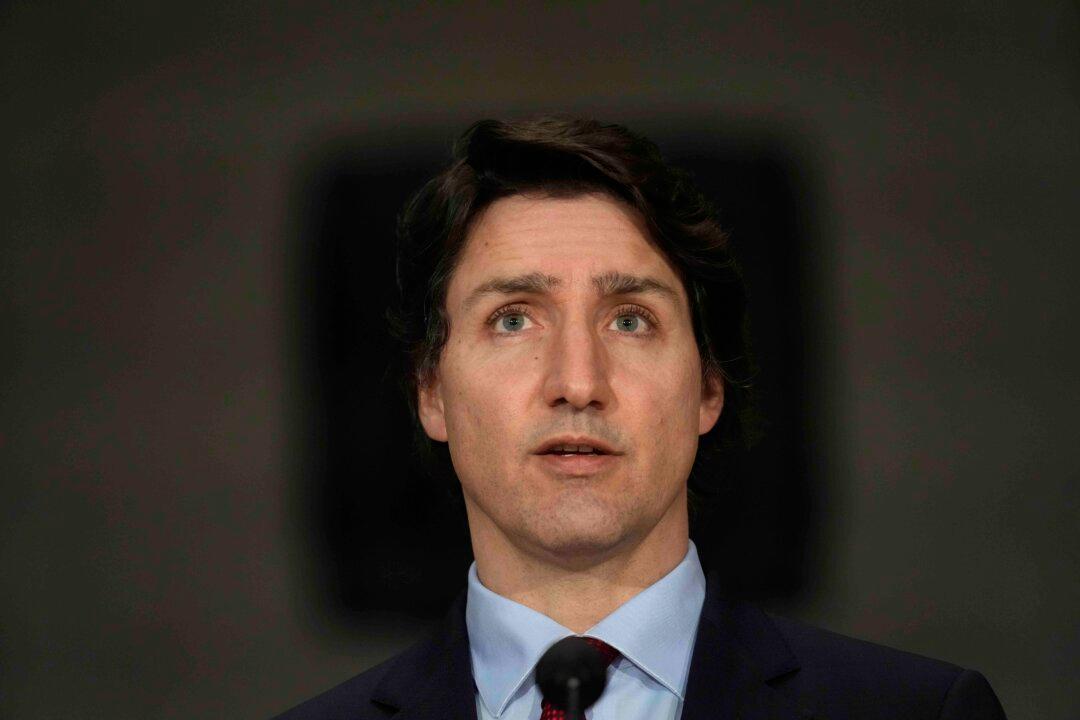Canada announced additional sanctions on Russia Thursday after it launched a full-scale attack on Ukraine. They will target, among other things, Russian elites loyal to Russian President Vladimir Putin.
In a press conference announcing the measures, Prime Minister Justin Trudeau called the attack the “greatest threat to European stability since World War II.”





